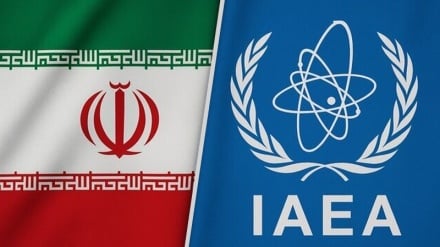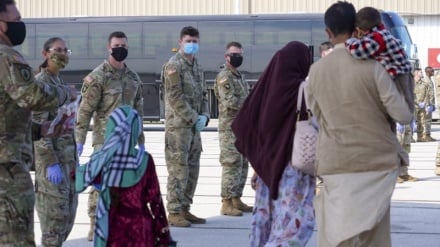Why Taliban-Pakistan talks in Istanbul fails
-

Why Did the Istanbul talks Between the Taliban and Pakistan fail?
Pars Today – During the four-day Istanbul talks, Pakistan and the Afghan Taliban failed to reach an agreement on curbing the TTP. Islamabad complained about the lack of practical guarantees and Kabul's insufficient control over the militants, while escalating border clashes and the absence of an international monitoring mechanism deepened the deadlock, casting a shadow of potential large-scale military action over the region.
According to Pars Today, the four-day negotiations between Pakistani representatives and the Afghan Taliban in Istanbul, mediated by Turkey and Qatar, concluded without a final agreement. Pakistani officials reported the "Taliban delegation's non-acceptance of Islamabad's security demands," stating that no practical solution was offered to rein in groups like the TTP.
A key factor in the deadlock is a fundamental disagreement over the definition of "practical action" against militants operating from Afghan soil. Pakistan has demanded written and practical guarantees to prevent the use of Afghan territory by groups like the TTP, but the Taliban were unwilling to commit to a final arrangement that meets Islamabad's requirements. Taliban media and sources have denied any negligence in this regard or attributed it to a lack of "full control."
Another issue was the decision-making structure within the Taliban delegation. Reports indicate that some positions presented by the Taliban representatives "required a final decision in Kabul," leading to delays and an inability to provide immediate guarantees. This delay eroded the trust of the Pakistani side and pushed the negotiations into a stalemate.
A surge in border violence and recent casualties further inflamed the situation. Pakistani sources reported the deaths of several soldiers and militant fighters in border clashes, increasing the pressure on Pakistan to respond. Mediators were unable to secure a practical guarantee for a long-term ceasefire.
This on-the-ground outcome, combined with the aggressive rhetoric of some Pakistani officials—including warnings from the country's defense minister about potential "large-scale military actions"—limited the political space for mutual flexibility.
Another factor explaining the negotiation's failure was the lack of an international or regional monitoring and enforcement mechanism. Although Turkey and Qatar acted as mediators, the parties could not, or would not, agree to a binding framework for following up on and implementing any agreements. Without such a mechanism, even if verbal agreements had been reached, there would be no guarantee of their practical implementation.
In essence, the Istanbul deadlock is not merely a temporary diplomatic failure but highlights structural divides, differing interpretations of responsibility, the Taliban's limited control over armed groups, and the lack of international tools to guarantee the implementation of agreements. The practical consequences of this failure could be an escalation of military measures by Islamabad or continued border instability, which would be detrimental to regional security.
To break this deadlock, three impactful measures are crucial:
- Clarifying the Taliban's role and capacity to control armed groups.
- Establishing a regional or international monitoring mechanism to guarantee the implementation of agreements.
- Simultaneously de-escalating on-the-ground tensions alongside technical talks to rebuild trust.
Without these steps, a repetition of fruitless meetings is likely, and the risk of dialogue becoming a prelude to aggressive military action increases. Ultimately, although the Istanbul summit ended without a final result, there are indications that both sides are willing to continue talking—a factor that could potentially steer regional security calculations back towards diplomacy.


